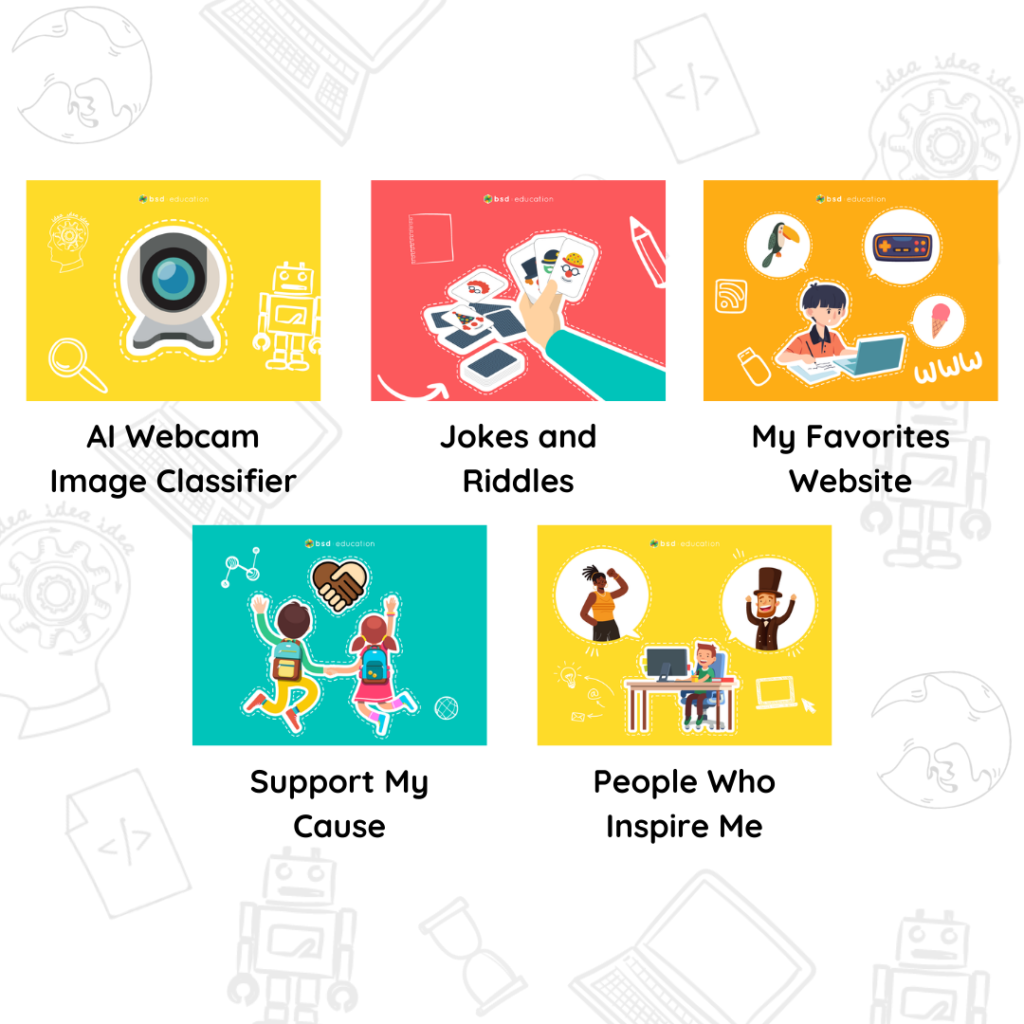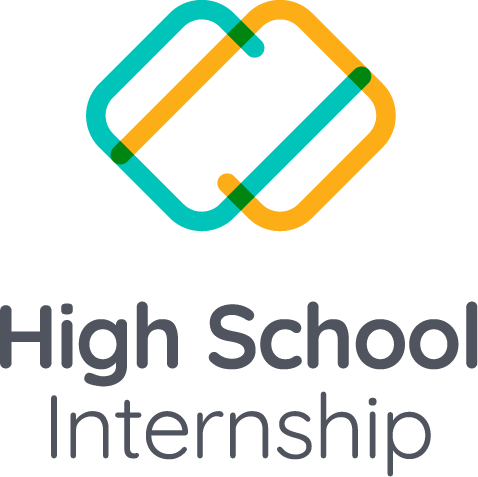The end of the year is ideal for reflecting on the year passed and looking towards the future. Accordingly, during December, I have dedicated some time to focus on the key trends I expect to be the future of EdTech in 2021.
It is so easy to underestimate the depth and breadth of the EdTech industry and nigh on impossible to visualize the over $5 trillion ecosystems that it forms a part of.
I exist in the realm of K12 digital and 21st-century skills education with an increasing amount of time spent tackling challenges around career-focused learning for students aged 16-24. Sitting on the boards and advisory groups of schools, education foundations, and nonprofits, I am fortunate to experience a broad spectrum of education from several different perspectives throughout each year.
EdTech Investment
EdTech took a front-row seat in the global business landscape in 2020, with investors making significant bets on established and larger companies in growth investment rounds. However, I feel that venture capital investors can struggle to balance early-stage educational investment with the return demands of their investment models. Driven by a lack of specialization in specific domains of education, this investment, even with an overall sector-based generalization, is highly complex. They also lack confidence in the strength of their networks to influence growth within a huge institutional addressable market and a consumer segment that can suffer from poor unit economics.
That said, several education investors with precise specializations are now establishing early-stage funds, presenting a solid opportunity for high-quality investment in early revenue stage companies. Well-tested and validated through the pandemic, these companies will be more robust than usual for their stage and likely undervalued.
In 2021, while it will still be a journey back towards average, schools will begin to operate with more established processes and protocols, providing more stability for smaller but growing EdTech companies to gain a foothold and deliver initial results. With this in mind, I believe investors will deploy a continued investment growth to a broader range of companies across the future of the EdTech industry in the coming year.
Online Learning
Educators already anticipated online learning to be an area of significant growth in 2020. Accelerated by COVID-19, online learning has permeated traditional schools to a greater extent than previously foreseen. As a result, a good standard of online delivery of formal education was achieved, and its status and perception in the eyes of both educators and parents have improved. In 2021, schools will determine which aspects of learning were enhanced by online learning and which remain best delivered in person. This will drive growth in the future of EdTech through the definition and practice of hybrid educational models and the technology and training that supports them.
Growth in Pedagogical Technology
Many approaches to online learning have focused on implementing video conferencing tools and achieving full adoption of learning management systems (LMS) by faculties. While an initial step in the right direction, this combination of administrative and communication technology does not provide a seamless transition between offline and online learning or the ability for the same understanding to be delivered in the same amount of time.
Elementary school educators have struggled to deliver the full spectrum of learning online – a challenge that remains unresolved and not likely to be solved any time soon – however, middle and high school learning has continued online with less disruption. Overall, time-constrained learning has focused on tested topics and exam preparation, resulting in a significant rollback in enrichment and elective education, arguably more relevant to students’ futures in the real world than much of traditionally tested learning.
I believe educators will begin to adopt and seek pedagogical technology tools in 2021 that focus on content creation and engagement, real-time student learning data, and feedback to empower best practices and bridge the gap for effective teaching between LMS and communication tools.
LMS Consolidation and Interoperability
With technology tools remaining at the heart of quality teaching and learning experiences, streamlining their usage and allowing educators to move quickly between systems will become critical. It will also mean a growing demand for and a definition of the requirements for interoperability. Currently, the fragmentation of the LMS market and unpredictability of application programming interfaces (APIs) is a barrier to broader and more consistent standards for interoperability. I believe this will begin to be resolved as the LMS market starts to consolidate towards the latter part of 2021.
Data and Privacy
Against a backdrop of increasing regulation and legal scrutiny, growth in pedagogical technologies and interoperability will lead to more real-time educational data being produced about student learning in 2021 than ever before. EdTech companies will need to be acutely aware of data privacy, protection, and storage requirements at both the consumer and institutional customer levels. In addition, global companies will need to consider effective data regions within their technology infrastructures and understand the security and architectural implications of scaling their technology, particularly where accurate time data is involved.
Career-focused Learning and Assessment
As many developed nations continue with employment stimulus packages, the economic repercussions of COVID-19 have yet to be fully felt around the world. Going into 2021, however, these effects will become more significant, and unemployment levels will likely increase to levels similar to the post-war era of the mid-20th century. This will accelerate career-focused learning, re-skilling, and reduce university application and enrollment. As a result, people focus on faster and cheaper means of validating skills and experience that give them employment in developing, likely technology-driven industries. For the future of EdTech, this will lead to growth in opportunities for curriculum creators, new assessment providers, and credentialing organizations that have strong partnerships with the industry.
At this point, you might be wondering why I have not mentioned artificial intelligence in the trends that I am predicting. I do believe that meaningful AI implementations in education will take place, just not in 2021. We are still witnessing the early phase of developing validated solutions for real-time data and analytics in machine learning. The longitudinal validation of AI in education and complexities of algorithmic bias will make progress slow, while other EdTech developments will have more impactful and verifiable immediate results.
Although it has been said that 2020 was when the impact of EdTech on education was felt, I would say that the door has only been cracked open. Instead, it has been a year of learning and discovery in preparation for a truly significant level of adoption at a later date.
2021 will be a year when the disruption of 2020 becomes the new normal, and it is against this backdrop that the future of EdTech will indeed be defined.
Code Is: Your Voice
Try Code Is Your Voice today with 6 free coding projects to start building something different today!
Learn more


